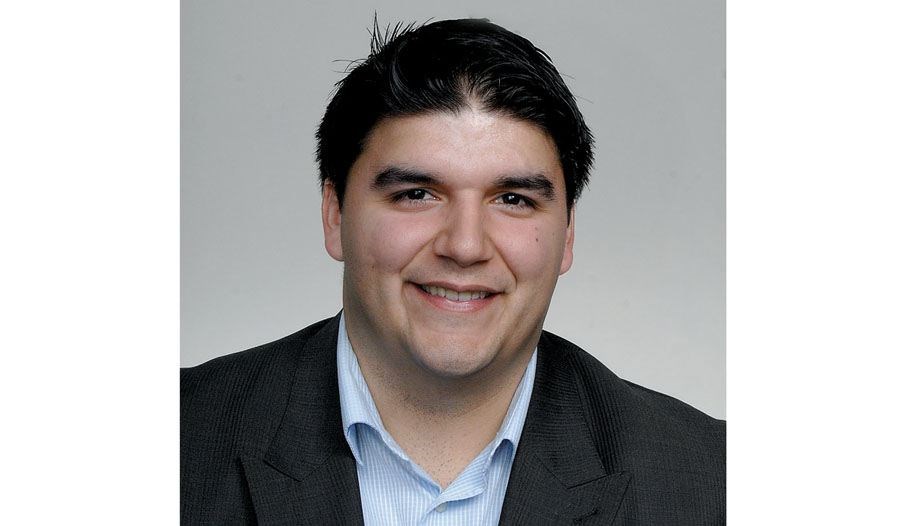Just over a year ago, we began the longest election period in our history, and at the end of that time, Justin Trudeau and a Liberal majority were elected to govern Canada. While it is not quite time to write "A year in review: PM JT's first 365 days in government," I do believe there are some points worth meditating on regarding the federal election.
In order to better understand what we're talking about, let's look at some statistics: Election 2015 stretched 76 days, which can be broken down into two and a half months; it also means there were 52 working days, equaling 416 regular hours, and 24 non working days including Labour Day and Thanksgiving. Furthermore, the combined expenditures of all major parties was over $100 million, which equals $1.3 million per day, or $54,824 an hour.
I cite these figures to make it clear that this latest election was nothing short of a monumental effort, comparable only perhaps to erecting a large stadium in about the same amount of time. What's more, these figures still do not accurately show the Tim Hortons runs, unreported overtime, volunteer hours, etc. that each party's adherents contributed to the political battle waged from sea to sea to sea. In short, our democracy is robust to say the least.
However, turning to the results of said election, some lessons can certainly be learned.
First, Canada is no place for lengthy election periods, partly because of our bizarre political and physical geography but also because it allows elections to get off topic. While I'm sure some people might accuse me of being a sore loser, I would actually point out that this fault lies at the feet of Stephen Harper, and he will wear it for the rest of his life.
The length of this election period allowed Mr. Harper's opponents to effectively run any and every play in their book in order to beat him. More accurately, 76 days allowed many voters to simply project their highest hopes and fears onto each leader; I'd argue the most malleable, friendly and magnetic personality attracted the most favourable projections. Thus, grumpy Harper and 'Angry' Tom Mulcair lost to the smiling Justin Trudeau, who also became the topic of Election 2015.
This feeds into the second lesson learned: to borrow from author Stephen Covey, begin with the end in mind. It was nearly a certainty that the Tories would either lose government or be reduced to a minority. Faced with this possibility, Harper chose total war against his much more agile opponents, hoping their inferior resources and experience would result in their exhaustion.
The choice he should have made is to under promise and over deliver. He knew where he was most likely to lose, and he ought to have fought in the battlegrounds needed for minority, all while forcing the election's narrative to go his way - "my team has the experience to keep Canadians safe and working - the other teams do not."
This would have lead to his greatest number of post-election options, particularly in a minority, a battleground he knows best.
A third and final lesson learned from Election 2015 has relevance for all of us, particularly in politics: when the game is over, be a good sport. Here, the Tories actually have the glory, from Harper's concession speech and resignation all the way to the Conservative Party convention in 2016.
In contrast, our current PM has stated publicly in our Queen's homeland that he left his opponents in the dust, and the NDP all but publicly executed their leader on live television for zero benefit.
This goes on to being humble enough to accept good policy even if it was brought in by the other guy. I could fill this paper with my complaints about Harper's inadequacies and excesses, but there is no proof that his time as PM was a net loss for Canada or a bad time for public policy in total. Yet, Mr. Harper's legacy is being undone at a speed infinitely greater than even the bluest Tories went at Liberal policies when they received their majority. And this should trouble all of us.
However, discussing the current government, particularly its proposed changes to our electoral system, is best left for another column.
For now it can only be said that the long election period last fall might well be more to blame for the Tories' loss than all their missteps in government combined.
Whatever the game may look like next time, it is my sincere belief that Canada's short election periods ought to be the norm. Hopefully, that remains the case.



